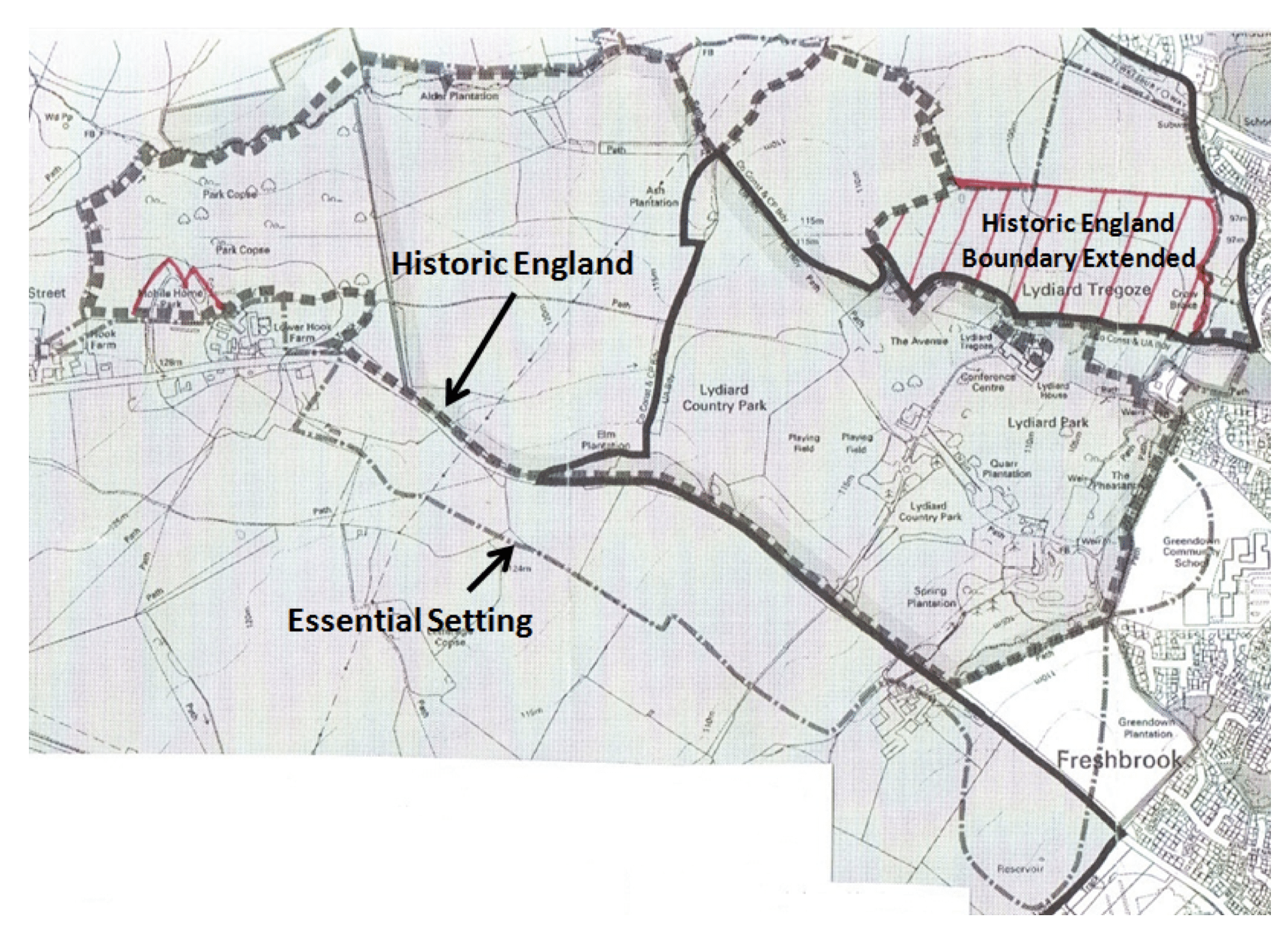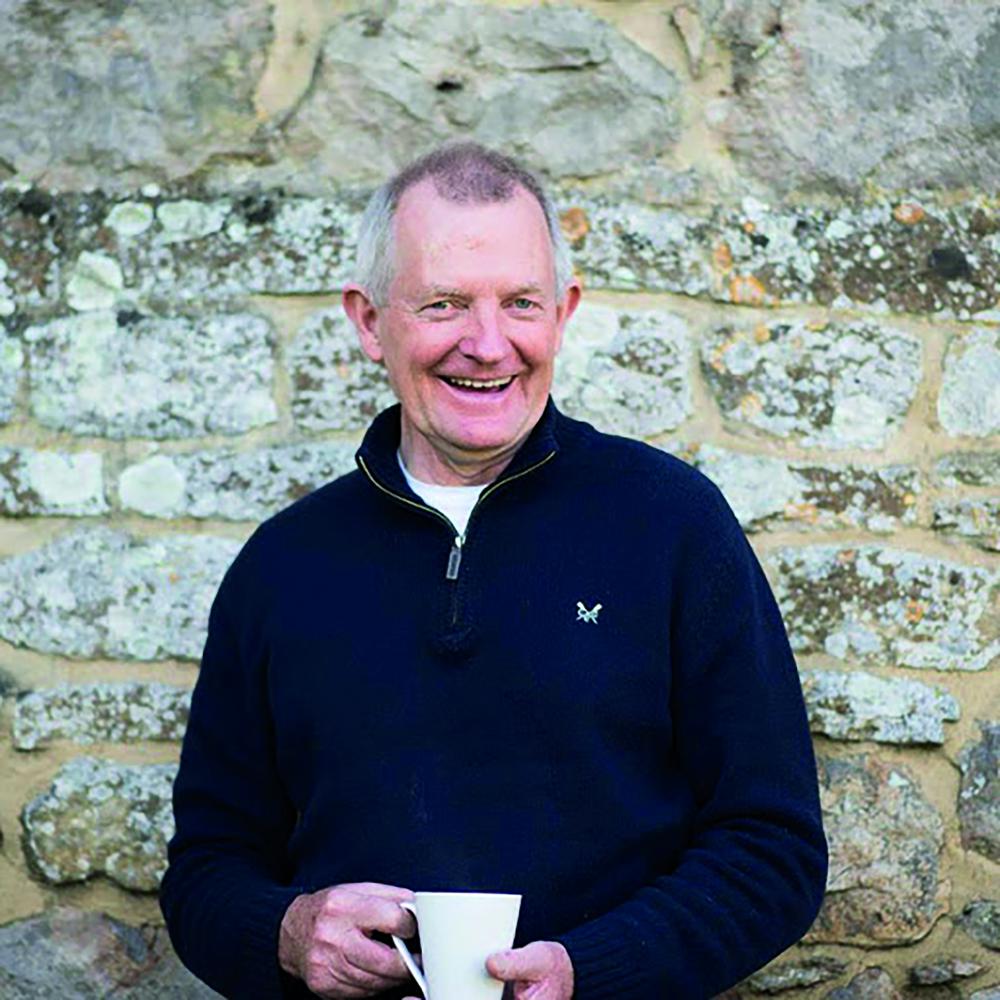By Kevin Fisher with support from the Lydiard Park Heritage Trust, Shaw Residents Association and Lydiard Heritage Action Group
Before providing the argument in support of this position, it is necessary to outline a simplified planning application process:
- application made to relevant local authority (Lydiard Park could be Swindon Borough Council or Wiltshire Council as border is adjacent to park)
- planning officer (council employee) on legal grounds and precedents makes a recommendation (for planning committee) or decision (note: not all application go to planning committee)
- planning committee (Councillors) make decision and can ignore officer recommendation
- if rejected (at stage 2 or 3) applicant can appeal
- appeal decided by planning inspector (government appointed) on legal arguments and precedents; if officer has recommend approval and Councillors reject, approval likely
Lydiard Park has two boundaries, the 'Historic England Registered Boundary' and a larger area called the 'Essential Setting and outlying features to the designated landscape'.
The Essential Setting was identified and agreed by SBC in June 2002 as part of the Lydiard Park restoration and development plan. This formed SBC's bid to the Heritage Lottery Fund for £3.1m to restore the Park.
It is designed to be the minimum line required to protect the registered landscape by maintaining the rural context of the Park. It is justified solely in terms of visual character for the whole Park together with designed historic views at ground level.
As a minimum setting it does not encompass areas where higher level intrusive development could impact on the Park. The restoration plan states that the extent of the Essential Setting should be reviewed and extended, both in the Borough and Wiltshire, if it is proposed to alter the urban area boundary e.g. development within Swindon’s rural buffer.
Developers understand planning laws and know how to make a case to maximise their chances of winning at appeal. Local Authorities wish to avoid costly appeals and, where legal arguments are not 100% clear, will often make a judgement call based on their chances of winning an appeal. The weight of public opinion can influence that judgement call.
Precedents are a key argument, and such precedents can often be created by starting small. For Lydiard Park, developers must prove that the 'benefit' outweighs the 'harm' to its Heritage. They can use two strategies to win:
- apply for many houses, thereby maximising the perceived benefit
- apply for a few houses, thereby minimising the perceived harm
Therefore, when it comes to legal arguments and precedents, it does not matter whether the application is for a single house or for a housing estate of 48 - if one is approved, the first domino has fallen.
We have a responsibility to maintain the Heritage of Lydiard Park, which includes its rural character, for many generations to come. To do that, the rules for development within the Essential Setting need to be clear: all must be refused.






![[Review] We're off to see the Wizard at Oxford's New Theatre](/images/content/1-main-picture-library/columnists/jess-durston/the-wizard-of-oz-musical/munchkin-land.jpeg)


Your Comments
Be the first to comment on this article
Login or Register to post a comment on this article